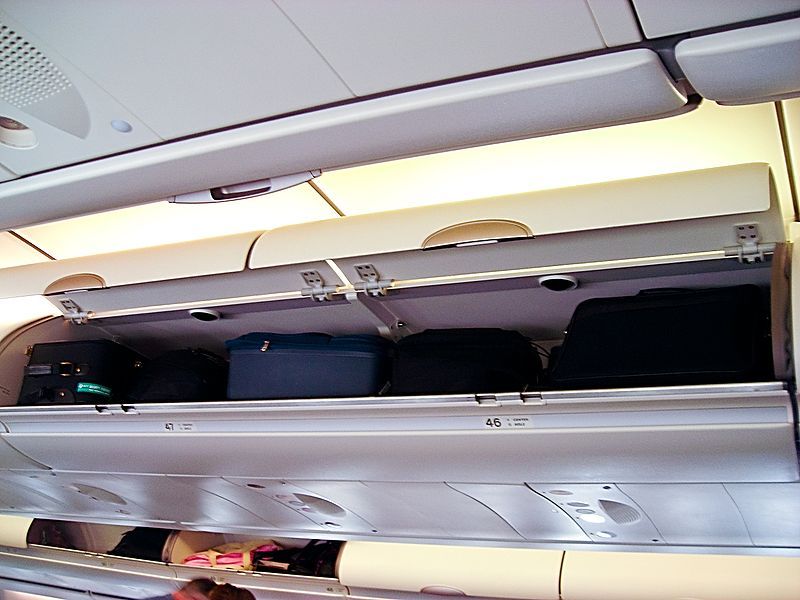The International Air Transport-Association (IATA) has made a decision to substantially reduce the hand luggage allowance whilst flying in the future.
Specifically, IATA is introducing new rules that shrink the hand baggage allowance to a height of 55 cm, a width of 35 cm and a depth of 20 cm, which corresponds to a reduction of 27 percent.
Eight international airlines have already implemented the rules, including: Lufthansa, Emirates, Qatar, Air China, Avianca, Azul, Cathay Pacific and China Southern.
The rules are not binding, and it is up to the airlines whether they will take advantage of the so-called volume-optimisations.
SAS likely to oblige
Scandinavian Airlines (SAS), a member of IATA, has not yet decided whether the company will implement the new rules. However, SAS said that it generally always follows the guidelines of IATA.
“In general, we follow the recommendations and initiatives,” Henrik Edström, the press officer at SAS, told Finans.
If SAS chooses to implement the new rules, passengers will be significantly affected by the restrictions.
Today, SAS allows cabin baggage with a height of 55 cm, a width of 40 cm and a depth of 23 cm, resulting in a total volume of 50,600 cubic cm. With the new rules, the maximum volume is reduced to 38,500 cubic cm.
The IATA represents 260 airlines, accounting for 83 percent of global air traffic.















